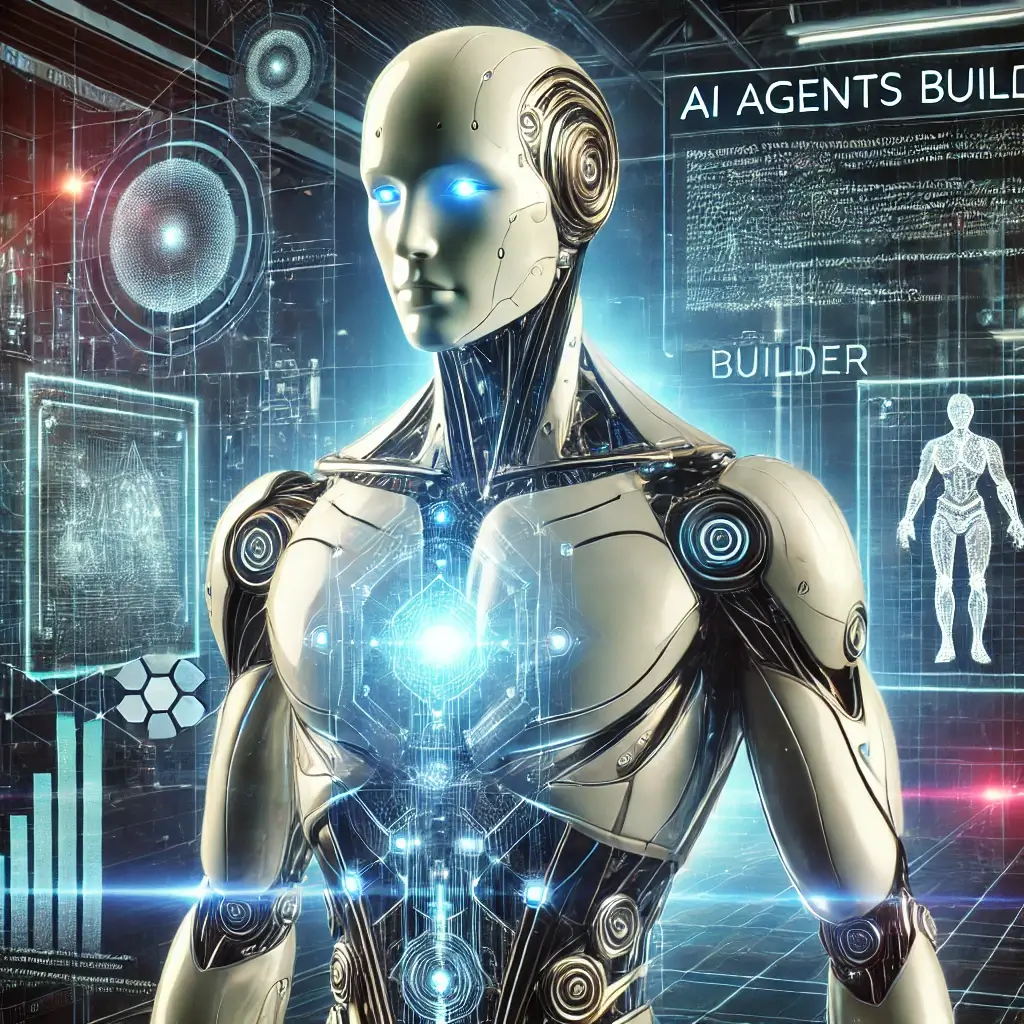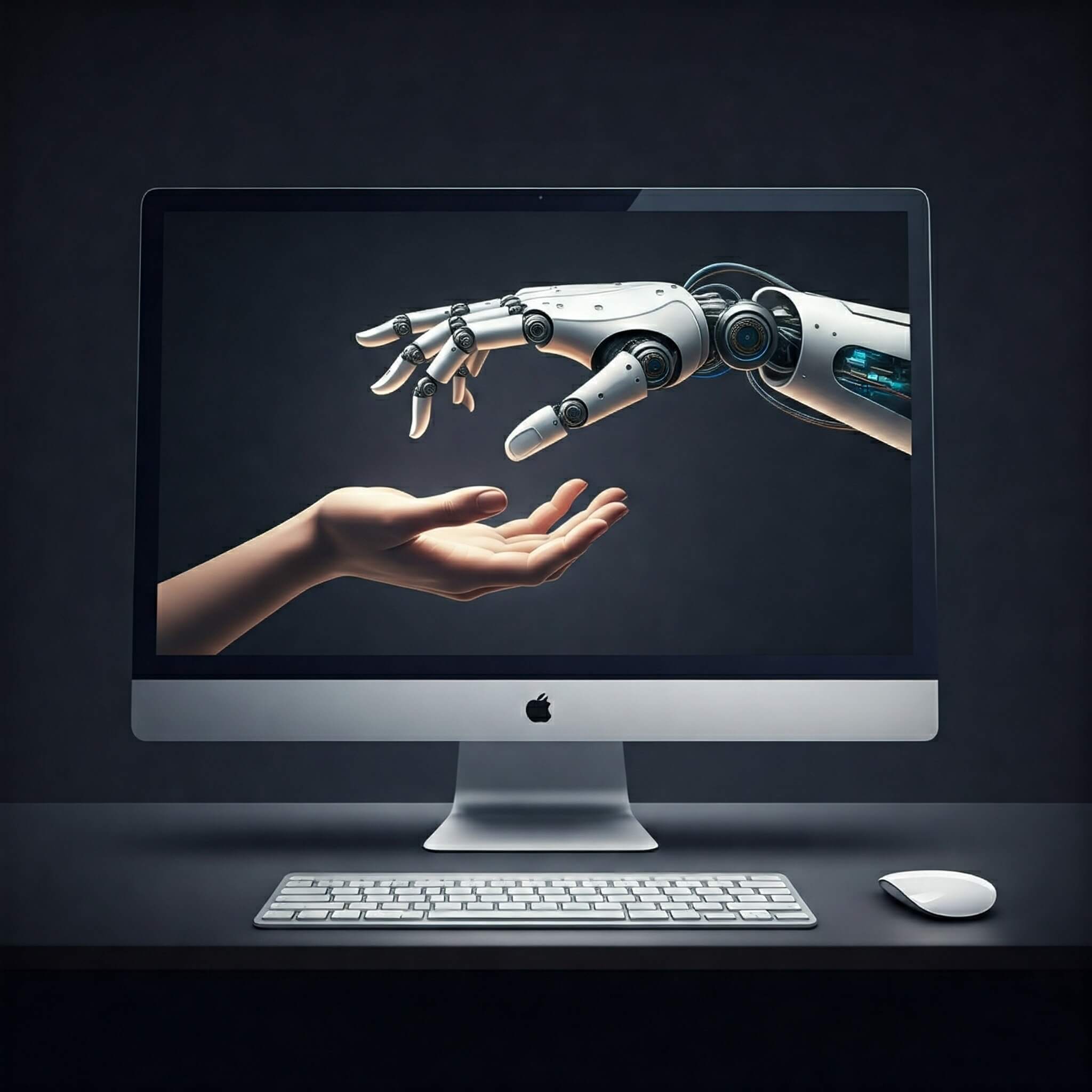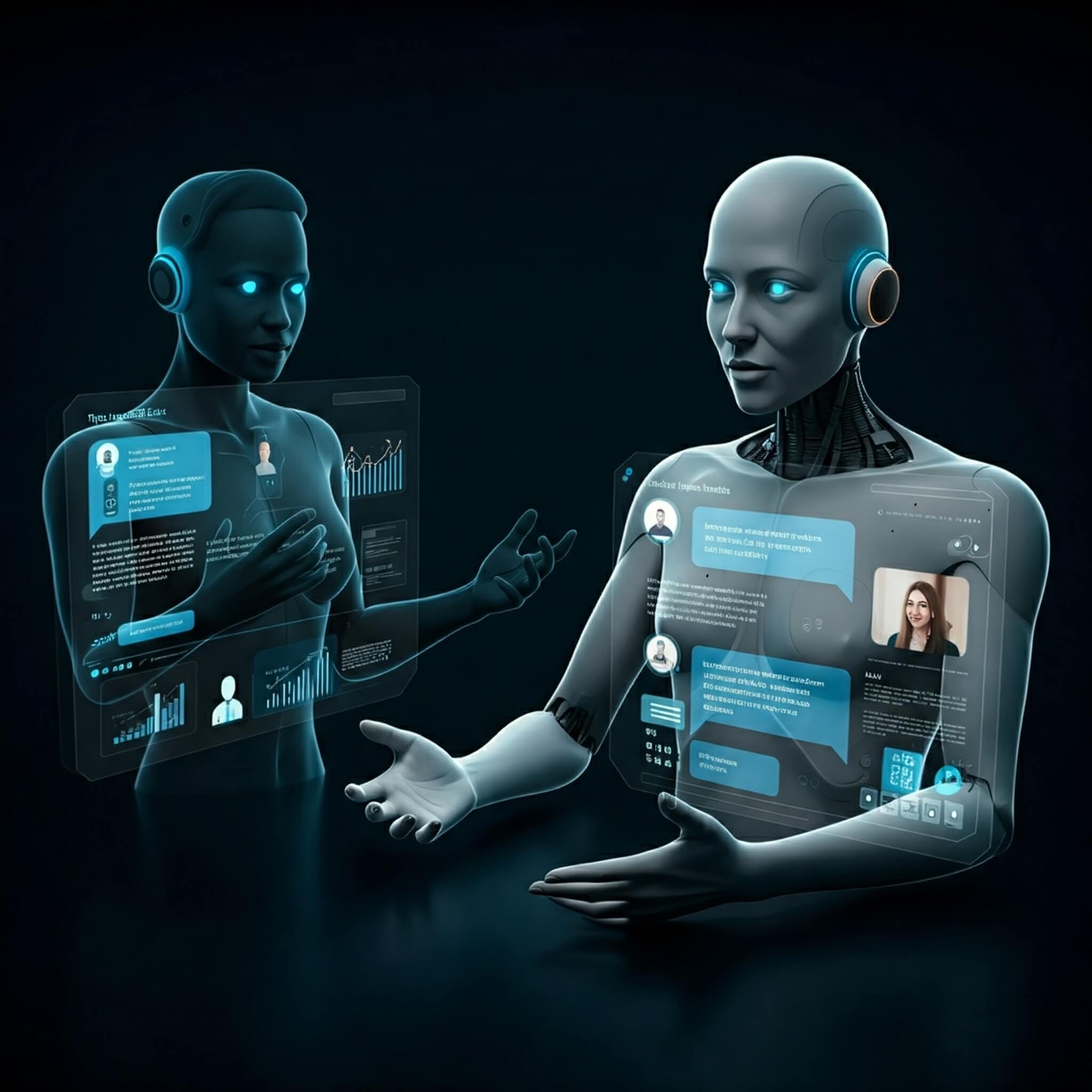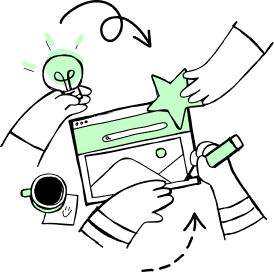
Embracing AI Automation
In the ever-evolving landscape of technological innovation, the convergence of Artificial Intelligence (AI) and automation is reshaping how businesses operate. This fusion, known as AI automation, is not just a trend but a fundamental shift in the paradigm of business processes and efficiency.
Understanding AI Automation
Historically, automation began with the implementation of robotic process automation (RPA), focusing on performing repetitive tasks. However, as AI has advanced, it has revolutionized automation’s capabilities, extending to include end-to-end processes, system connections, and work orchestration. This amalgamation of RPA, AI, and Business Process Management (BPM), known as intelligent automation (IA), is now at the forefront of business transformation.
Unlike traditional automation, which relies on rule-based instructions to execute tasks, AI infuses automation with the ability to think and learn. This integration allows for cognitive automation, where robots can interpret broad guidelines and devise their pathways to achieve set goals. The machine learning (ML) capabilities within AI enable it to learn from its actions, improving performance over time.

Real-World Applications of AI Automation
Across various industries, AI automation is making significant impacts. In healthcare, AI aids in diagnosing diseases and assists in drug discovery. In finance, it plays a crucial role in risk assessment and fraud prevention. Manufacturing benefits from AI in forecasting and predictive maintenance, while in retail, AI automation optimizes inventory management and dynamic pricing strategies.
The Synergy of AI and Automation in Business
When AI and automation are combined, they can significantly enhance productivity, improve customer experiences, and streamline decision-making processes. For instance, AI-powered chatbots in customer service can handle numerous queries, reducing wait times and allowing human agents to focus on complex cases. In banking, IA digitizes loan processes and simplifies administrative tasks, such as KYC ID verification and AML reporting.
Navigating the AI Automation Landscape
As we delve deeper into the symbiotic relationship between AI and automation, it becomes evident that their integration is not merely an enhancement of capabilities but a transformative force in the business world. AI automation is a strategic tool that organizations can leverage to not only streamline operations but also to foster innovation and gain a competitive edge.
The Evolution of AI in Business Processes
AI has evolved from a mere concept of automating routine tasks to a sophisticated system capable of complex decision-making and predictive analytics. This evolution has been instrumental in sectors such as healthcare, where AI-driven diagnostics are revolutionizing patient care. In the financial sector, AI’s predictive capabilities are transforming risk assessment and fraud detection, making financial transactions safer and more reliable.
AI Automation: A Catalyst for Digital Transformation
Digital transformation is at the heart of modern business strategies, and AI automation is a key driver of this transformation. By automating tasks and processes, AI allows businesses to focus on innovation and strategic growth. This shift from manual, repetitive work to more creative and strategic tasks is not just a change in operations; it’s a redefinition of the workplace and the nature of work itself.
Fostering a Culture of Innovation and Growth
Incorporating AI automation into business processes goes beyond technological implementation; it involves fostering a culture of innovation where employees are encouraged to think creatively and explore new possibilities. This cultural shift is essential for businesses to fully leverage the potential of AI automation. It creates an environment where employees can experiment, learn, and grow alongside the evolving technology.
Challenges and Considerations
Despite its benefits, the adoption of AI automation comes with challenges. Data privacy is a paramount concern, as AI systems often require access to sensitive information. Transparency in AI processes, especially those using deep learning techniques, is crucial for contexts where process understanding is vital. Additionally, the impact of AI automation on the labor market cannot be overlooked, necessitating a focus on reskilling and upskilling the workforce.
How to Implement AI Automation Effectively
To harness the full potential of AI automation, organizations must:
- Ensure AI governance and maintain high data security and quality standards for training models.
- Identify and evaluate use cases of intelligent automation specific to their industry and objectives.
- Develop a comprehensive plan for automation deployment, considering the integration of foundational models like GPT-3.
- Consider cloud-based solutions for scalable, secure, and efficient AI automation deployments.
Looking Ahead
The future of work is being shaped by AI automation. It’s not just about automating tasks but transforming them. As AI continues to evolve, it will enable businesses to scale operations, reduce costs, and accelerate digital transformation. However, it is crucial for organizations to automate responsibly, ensuring compliance, data safety, and ethical AI practices.
AI automation is more than a technological advancement; it’s a catalyst for reinventing business processes and enhancing human potential. By embracing AI automation, organizations can navigate the complexities of the digital age and emerge as leaders in innovation and efficiency.
Preparing for the AI-Powered Future
As we look towards the future, the role of AI in business will continue to grow. The increasing sophistication of AI algorithms and their applications in different industries suggest a future where AI automation is not just a tool for efficiency but a foundational aspect of business strategy. Organizations that understand and embrace this evolution will be well-placed to lead in the new era of digital business.
By integrating AI automation thoughtfully and strategically, businesses can unlock new levels of efficiency, innovation, and growth, paving the way for a future that is smarter, more connected, and infinitely more capable.







